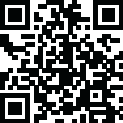
Последняя версия
Версия
1.0.38
1.0.38
Апдейт
январь 19, 2025
январь 19, 2025
Разработчик
Renting Solutions
Renting Solutions
Категории
Инструменты
Инструменты
Платформы
Android Apps
Android Apps
Загрузки
0
0
Лицензия
Бесплатно
Бесплатно
Название пакета
com.lufick.rms
com.lufick.rms
Репорт
Сообщить о проблеме
Сообщить о проблеме
Подробнее о Rent Management System
A Rent Management System (RMS) app is designed to streamline and simplify the process of managing rental properties. It provides landlords, and property managers with a centralized platform to handle various tasks related to rent collection, payment tracking, and asset & lease management.
Here are some key features of the Rent Management System mobile app:
1. Tenant and Property Management: The app allows landlords to create and manage profiles for each tenant and property. It stores essential information such as lease agreements, tenant contact details, move-in/move-out dates, and rental history.
2. Rent Collection: The app provides a convenient way to log rent payments from tenants. Also, see the multiple assets rent dues, and yearly profit & loss statements.
3. Expense Tracking: Landlords can track property-related expenses, such as maintenance costs, repairs, and utility bills, within the app. This feature helps in maintaining accurate financial records and generating expense reports for tax purposes.
4. Lease Management: The app assists in creating, managing, and storing lease agreements digitally. It allows landlords to define lease terms, automate rent increases, handle lease renewals, and store important documents related to the lease.
5. Document Storage: The app provides a secure cloud-based storage system to store important documents like leases, tenant applications, insurance policies, and maintenance records. This ensures easy access and eliminates the need for physical paperwork.
6. Data Security: Rent management apps prioritize data security and employ encryption protocols to protect sensitive information. They adhere to privacy regulations to ensure the confidentiality of both landlords and tenants.
Overall, a rent management app serves as a comprehensive solution for property owners and managers, providing them with efficient tools to automate rent-related tasks and streamline financial processes associated with rental properties.
1. Tenant and Property Management: The app allows landlords to create and manage profiles for each tenant and property. It stores essential information such as lease agreements, tenant contact details, move-in/move-out dates, and rental history.
2. Rent Collection: The app provides a convenient way to log rent payments from tenants. Also, see the multiple assets rent dues, and yearly profit & loss statements.
3. Expense Tracking: Landlords can track property-related expenses, such as maintenance costs, repairs, and utility bills, within the app. This feature helps in maintaining accurate financial records and generating expense reports for tax purposes.
4. Lease Management: The app assists in creating, managing, and storing lease agreements digitally. It allows landlords to define lease terms, automate rent increases, handle lease renewals, and store important documents related to the lease.
5. Document Storage: The app provides a secure cloud-based storage system to store important documents like leases, tenant applications, insurance policies, and maintenance records. This ensures easy access and eliminates the need for physical paperwork.
6. Data Security: Rent management apps prioritize data security and employ encryption protocols to protect sensitive information. They adhere to privacy regulations to ensure the confidentiality of both landlords and tenants.
Overall, a rent management app serves as a comprehensive solution for property owners and managers, providing them with efficient tools to automate rent-related tasks and streamline financial processes associated with rental properties.
Оцените приложение
Добавить комментарий и отзыв
Отзывы пользователей
Основано на 0 reviews
Отзывов пока не добавлено.
Комментарии не будут допущены к публикации, если они являются спамом, оскорбительными, не по теме, содержат ненормативную лексику, содержат личные выпады или разжигают ненависть любого рода.
Ещё »










Популярные приложения!

MarinaСорокин Дмитрий Олегович (@sorydima)

Marina for HUAWEIСорокин Дмитрий Олегович (@sorydima)

MarinaСорокин Дмитрий Олегович (@sorydima)
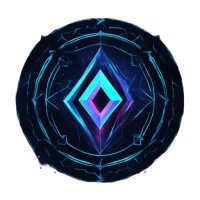
REChain ®️ 🪐Сорокин Дмитрий Олегович (@sorydima)

Katya ® 👽Сорокин Дмитрий Олегович (@sorydima)

Катя ® 👽Сорокин Дмитрий Олегович (@sorydima)

🎨 Катерина - Профессионал. 🙆Сорокин Дмитрий Олегович (@sorydima)

Катя ® 👽Сорокин Дмитрий Олегович (@sorydima)
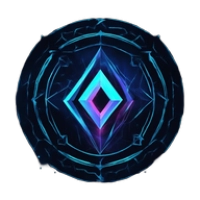
REChain ®️ 🪐Сорокин Дмитрий Олегович (@sorydima)
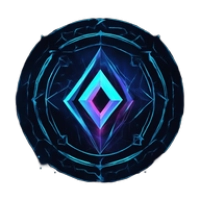
REChain ®️ 🪐Сорокин Дмитрий Олегович (@sorydima)
Ещё »










Выбор редактора
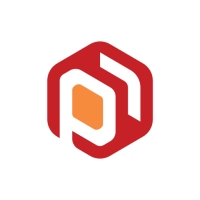
PWA Modus PoS Pro SaaSСорокин Дмитрий Олегович (@sorydima)
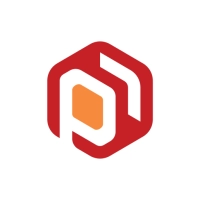
Modus PoS Pro SaaSСорокин Дмитрий Олегович (@sorydima)

Marina for HUAWEIСорокин Дмитрий Олегович (@sorydima)

MarinaСорокин Дмитрий Олегович (@sorydima)

Катя ® 👽Сорокин Дмитрий Олегович (@sorydima)

Темпо (Tap Tempo)Сорокин Дмитрий Олегович (@sorydima)

Поросёночек для специалиста!Сорокин Дмитрий Олегович
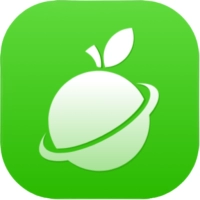
Поросёночек для хозяинаСорокин Дмитрий Олегович (@sorydima)

Поросёночек для специалиста!Сорокин Дмитрий Олегович (@sorydima)

Delus ® 🐾REChain Network Solutions
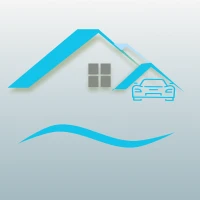
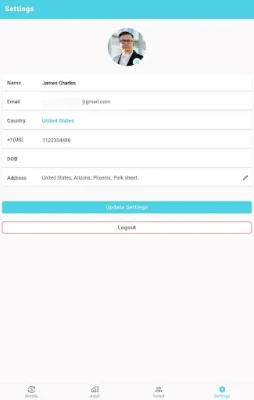
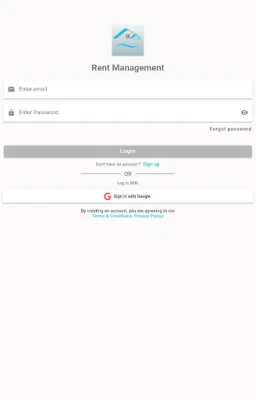
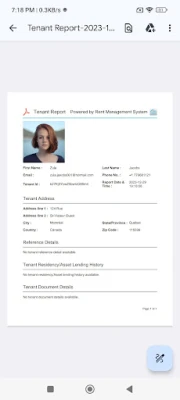
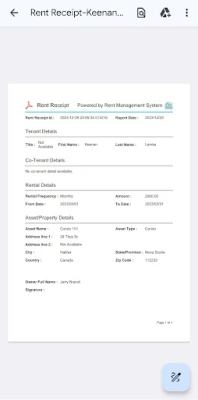
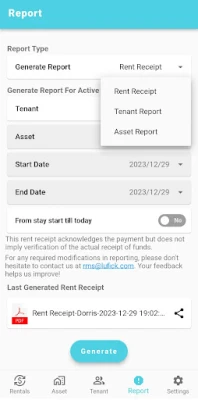
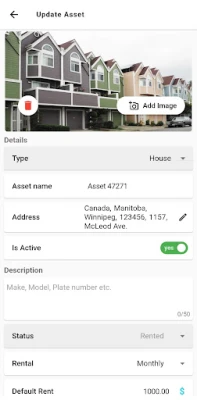
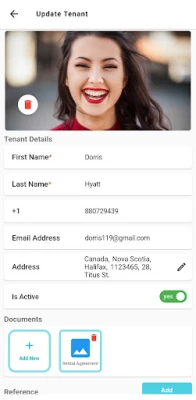
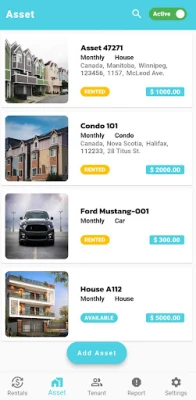
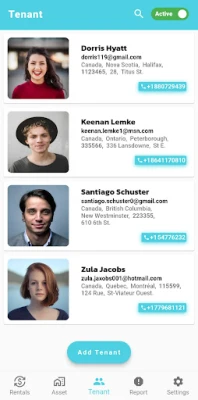
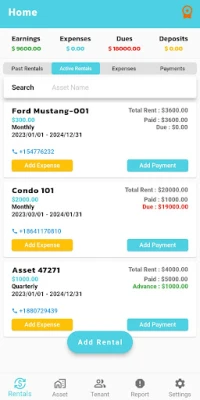
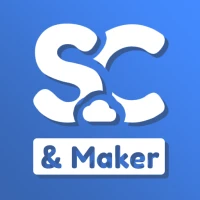
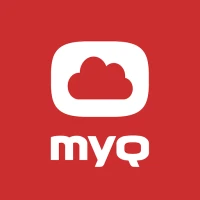
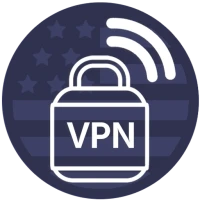
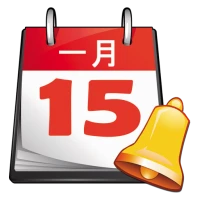


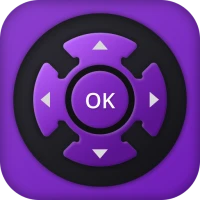
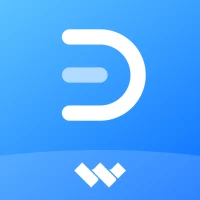
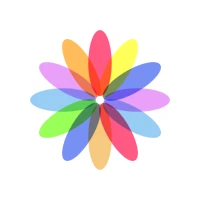

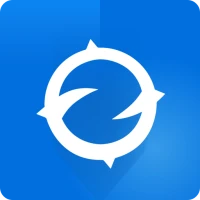
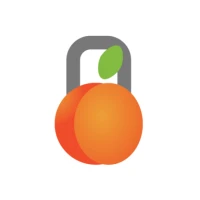


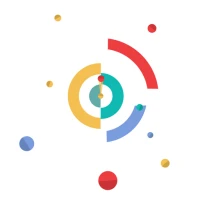
 Web PWA
Web PWA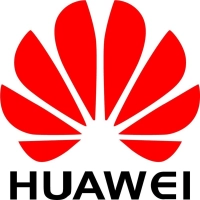 HARMONY OS
HARMONY OS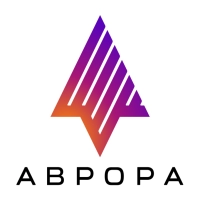 ОС Аврора
ОС Аврора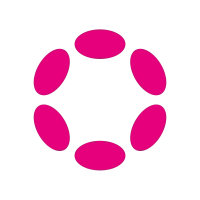 Polkadot
Polkadot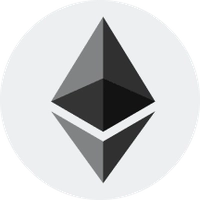 Ethereum
Ethereum BNB
BNB Base Blockchain
Base Blockchain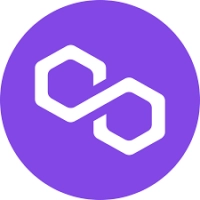 Polygon
Polygon Gnosis
Gnosis Arbitrum
Arbitrum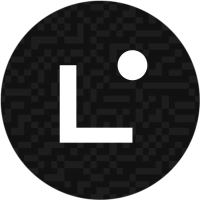 Linea
Linea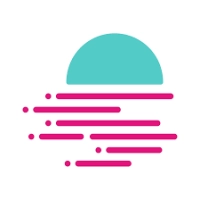 Moonbeam
Moonbeam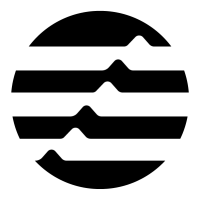 Aptos
Aptos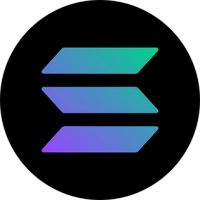 Solana
Solana